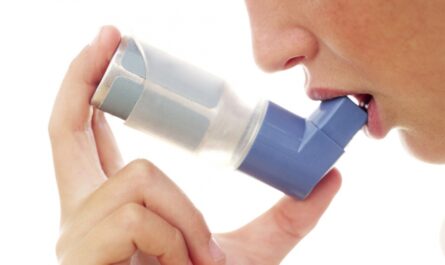
Introduction
Insulin is a life-saving medication used by millions of people worldwide to manage their diabetes. However, the high cost of branded insulin puts this critical treatment out of reach for some. Biosimilar insulins present an opportunity to help address this access challenge by introducing lower-cost alternatives to existing brand name diabetic medications. Let’s take a closer look at what insulin biosimilars are and how they could impact the diabetes treatment landscape.
What are Biosimilars?
A biosimilar is a biologic medication that is developed to be highly similar to an existing Food and Drug Administration (FDA) approved biologic, known as the reference product. Like generics for small-molecule drugs, biosimilars are intended to be interchangeable with their reference products. However, due to the larger size and more complex nature of biologics compared to small-molecule drugs, biosimilars are not considered generic versions and instead must go through rigorous clinical testing and regulatory review to ensure they are as safe and effective as the branded biologic they are based on.
Key Regulatory Guidance
In 2015, the FDA published a final guidance on biosimilar development and approval to provide clarity to sponsors on the agency’s standards. This guidance laid out a “totality-of-the-evidence” approach that requires extensive structural and functional characterization, as well as human clinical trials demonstrating biosimilarity via a comparison to the reference product. While biosimilars do not need to repeat all clinical trials, they must demonstrate no clinically meaningful differences in terms of safety, purity, and potency. The FDA approves a biosimilar for the same indication(s) as its reference product.
European regulators have taken a similar approach, approving the first insulin biosimilar Zegelin® in 2006. Since then, several insulin biosimilars have launched in Europe based on products like Lantus, Levemir, and Humalog. The World Health Organization also endorses a totality-of-the-evidence biosimilar approval pathway and interchangeability.
Current Insulin Biosimilar Landscape in the U.S.
Since the FDA guidance was finalized, several companies have announced biosimilar insulin programs with the goal of expanding treatment options for the millions affected by diabetes in America. Here are some key developments:
– In 2021, the FDA approved Semglee®, the first biosimilar to Lantus (insulin glargine). It was developed by Mylan and is now marketed by Viatris.
– Another candidate, Insulin Glargine-yfgn, is in late-stage trials by Samsung Bioepis and Oramed. If approved, it would compete with Lantus.
– Pfizer is developing a biosimilar to insulin lispro (Humalog) in collaboration with Eli Lilly. Phase 3 trials completed in late 2020.
– In 2018, Merck received approval for its insulin aspart biosimilar, Semdorvio, in Europe. US approval is still pending.
– Novo Nordisk also announced plans to develop biosimilars itself to diversify its insulin portfolio and preempt future competition.
Potential Impact of Insulin Biosimilars
Widespread adoption of biosimilar insulins could help address several challenges in managing diabetes:
Cost Savings – Lower prices for biosimilar versions are estimated to be 15-35% below branded products. This could generate billions in US healthcare cost avoidance over time.
Increased Access – More affordable options may expand insulin access to the millions who struggle with the high list prices of reference products. This includes the uninsured.
Sustainability of Insurance Coverage – Lower drug prices could help ease the rising cost burden on public and private payers struggling with diabetes expenditures.
Competitive Market Dynamics – Biosimilar competition is expected to drive down prices of reference products similar to traditional generics, benefiting all consumers.
Ongoing Monitoring is Key
While biosimilar insulins represent an opportunity to enhance treatment affordability and availability, ongoing pharmacovigilance will remain crucial. Post-market surveillance systems and studies can monitor samples of biosimilars in real-world use to confirm long-term safety, efficacy, and interchangeability outcomes equal those of reference products. With rigorous clinical development and thoughtful substitution policies based on FDA guidance, insulin biosimilars show much promise to aid millions coping with the rising tide of diabetes.
*Note:
- Source: Coherent Market Insights, Public sources, Desk research
- We have leveraged AI tools to mine information and compile it


